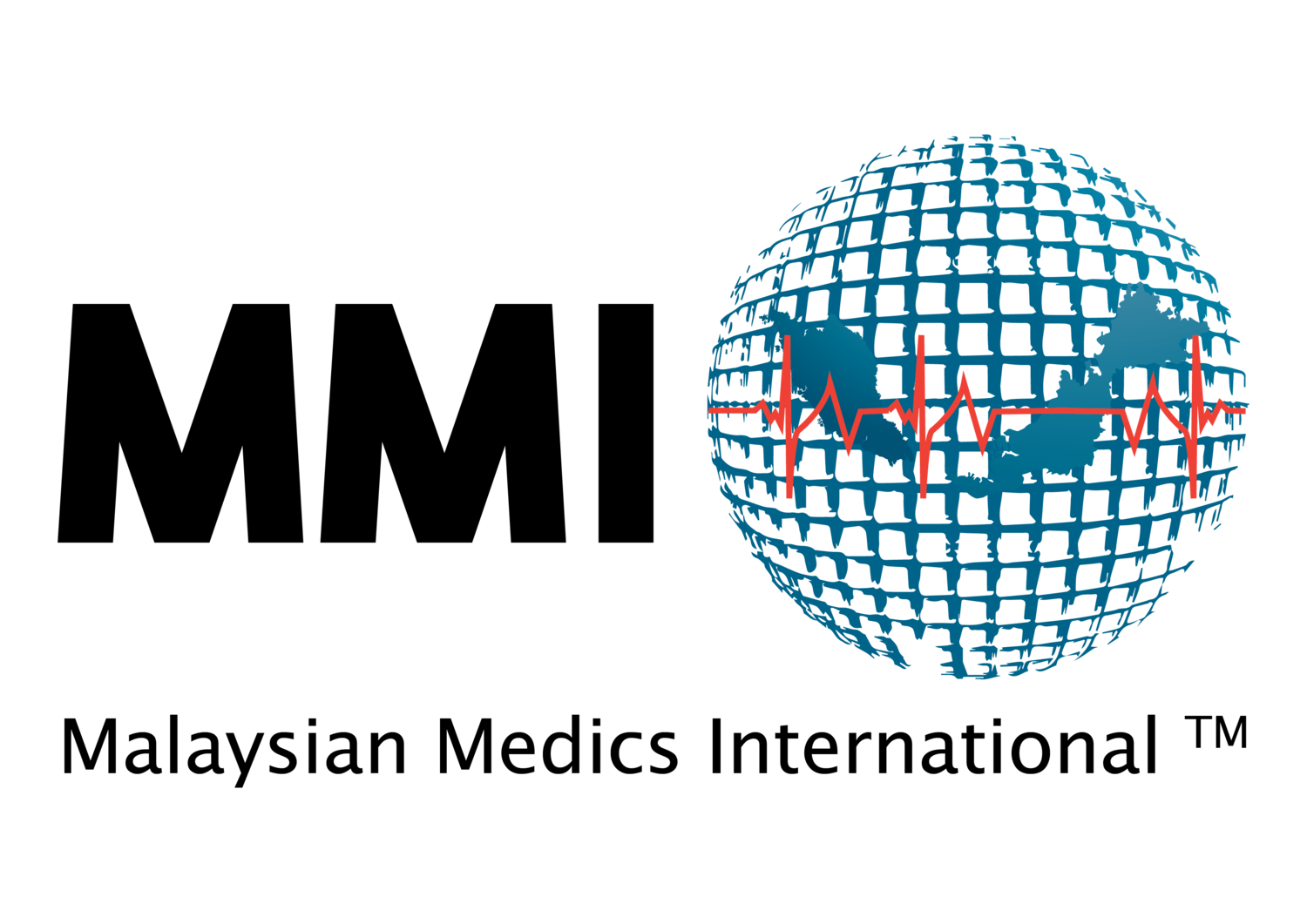“Only for a While, Until I’m a Little Skinnier”
Humans of Medicine #19
Trigger warning: The following article contains elements of eating disorders which some may find disturbing.
This publication is in conjunction with MMI Ireland’s Body Image and Eating Disorder Awareness Project. Humans of Medicine would like to sincerely thank MMI Ireland and their contributor for this anonymous submission. Information regarding the project can be found at @mmiireland on Instagram.
When I was eight, I stood behind the changing curtains in ballet school and overheard a group of girls in the advanced class. They were saying one of the girls shouldn’t be dancing since she was so ‘fat’ and ‘chubby’. The small thought that it could be me in her place, with my friends speaking about me that way, nagged at the back of my head. It suddenly became glaringly obvious that my ballet teachers were unusually thin. Ballet wasn’t so fun anymore after that.
In secondary school, I trained competitively in a sport where being ‘skinny’ was an aesthetic advantage. Some athletes went on restrictive diets despite long training hours. It was an unhealthy environment, but competition was fierce, and I was heavily committed. It was the norm for one of us to complain about weight gain and receive an understanding sigh in response; after all, we were all in the same boat, struggling to maintain that number on the scale.
Clearly, I grew up with the perception that being skinny was necessary to be attractive. The passing comments from the people around me only reinforced the fear of being anything but skinny – long before it transpired into a full-blown eating disorder.
But how did a 15-year-old become bulimic?
I didn’t know better when I stumbled upon a whole world on Instagram that encouraged eating disorders. Hashtags dedicated to bulimia or anorexia, pictures of cucumber sticks as daily meals, protruding ribs and collarbones that were seen as milestone achievements; they drowned first my Instagram feed, and then my thoughts. And I knew it wasn’t a good thing, I knew I didn’t want to look like them - but my curiosity overpowered the rationale. It was nothing more than a harmless experiment, right? Only for a while, until I’m a little skinnier, I thought.
So I started throwing up and eating very little. I survived on two tomato sandwiches a day, sometimes with a tiny portion of meat. Often, I would snap and binge eat for hours on end. This was followed by dark shame and purging everything down the toilet. I was trapped in an endless, ugly bulimic cycle. I was in a constant state of hunger. I couldn’t focus on anything. I nearly blacked out several times. I stopped menstruating for over a year. I didn’t enjoy the sport I was in anymore because it seemed that I just wasn’t good enough. I became depressed.
To this day, nobody knows what I went through. My behaviour went unnoticed amidst an Asian background where mental health is taboo. My moodiness was attributed to teenage angst and hormones, the lack of eating and weight loss apparently due to academic stress. Everything else went unnoticed.
Recovery for me wasn’t a flick of a switch. It was telling myself that I needed to get better, and finding my way onto a path that would lead me there. It was reprogramming my brain - unlearning the bad habits and relearning the healthy ones. It was learning to cope when relapses inevitably occurred. It was starting small; promising to eat a quarter more than I normally would, or to purge one time less. It was being patient and kind with myself, reasoning and compromising multiple times a day. Over time, the baby steps compounded into long lasting effects and I became better at dealing with the bad times. Nowadays, I’m mostly okay. I am careful to constantly check in with how I feel about what I’m eating. I make an effort to become more conscious of my headspace.
I don’t know if I can ever eat freely without worrying about a relapse but for now, I’m grateful to be where I am. To anyone who happens to be going through recovery, find as many reasons to be grateful as possible, no matter how small they may be. As many as you can, because they’ll tide you over the rough patches.
I am happy now, and I’m thankful for that.
(Consent has been obtained from the interviewee for the purpose of this publication. The author has rewritten the article with permission from the interviewee.)
Humans of Medicine is a new initiative under MMI. We tell inspiring stories behind portrait shots of our everyday unsung heroes. Curated by Malaysian medical students from home and abroad.
If you have a story you would like to share, please reach out to us at admin@malaysianmedics.org.


